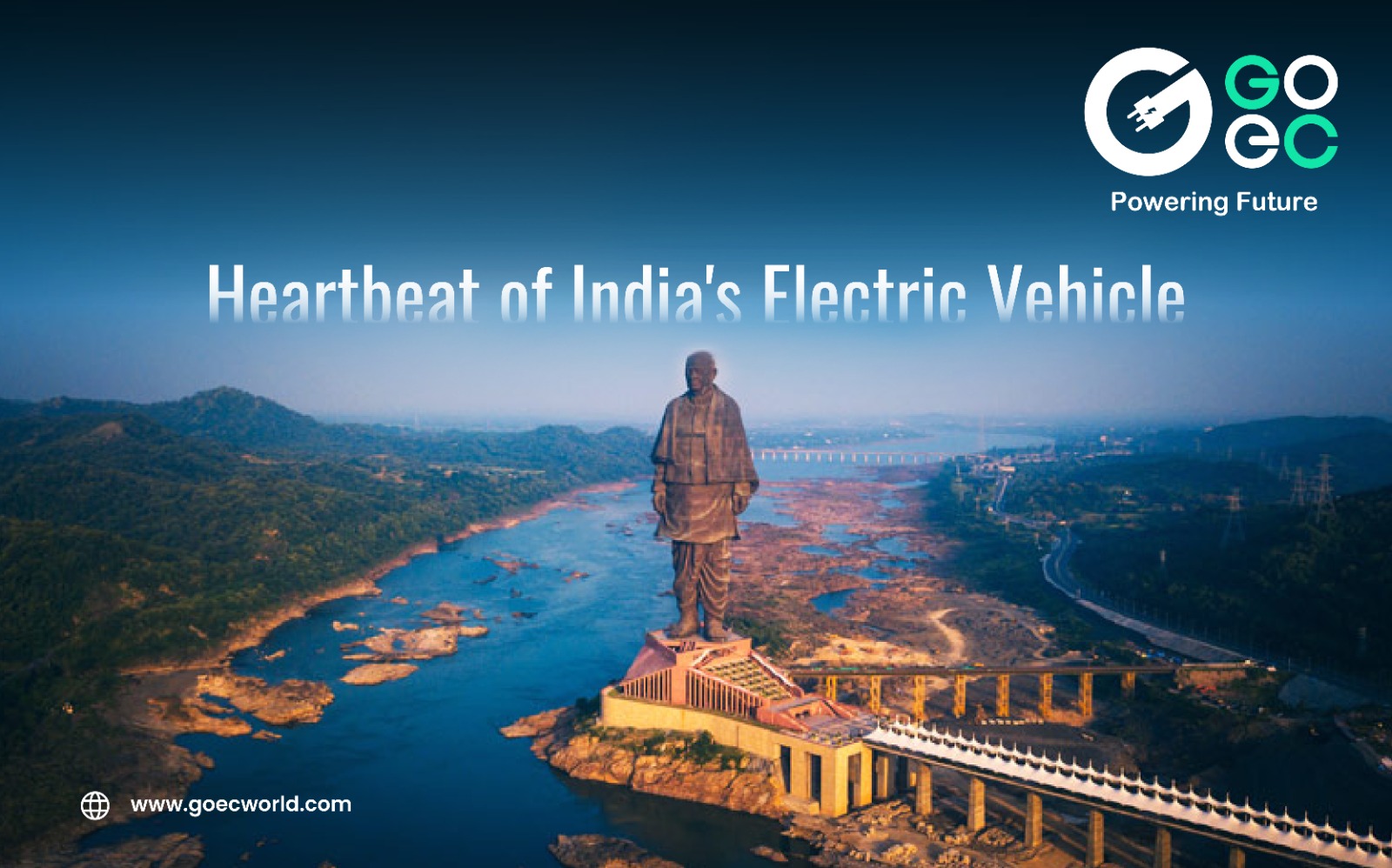In recent years, Gujarat has emerged as a powerhouse in India’s electric vehicle (EV) landscape, witnessing a remarkable surge in both demand and infrastructure. The state is rapidly becoming a focal point for automakers and startups, transforming into what some describe as India’s own Detroit for EVs.
Economic Surge in EV Sales
Gujarat’s EV market has experienced substantial growth, with a staggering 714% increase in sales over three years, reaching 88,619 vehicles in 2023. This surge can be attributed to the convergence of factors such as improved charging infrastructure, advancements in battery technology, and government subsidies reducing ownership costs.
Automakers Eye Gujarat:
Major players like MG Motors, Maruti Suzuki, and Tata Motors are not only investing but expanding their operations in Gujarat. MG Motors has already commenced manufacturing its latest EV at its Halol plant, with plans for a second facility. Maruti Suzuki, after acquiring full stake in the Suzuki Motor Gujarat plant, is set to roll out its first EV from Gujarat this year. Tata Motors, too, has operationalized a new plant in Sanand, with a focus on EV production.
Charging Ecosystem Driving Adoption:
The growth of EVs in Gujarat is complemented by a robust charging infrastructure. The state has witnessed a threefold increase in public charging stations, reaching over 600. Charging networks have extended to tier 2 towns and highways, facilitating widespread EV adoption. Notably, over 33% of EV owners in Gujarat utilize solar solutions at home, contributing to sustainable charging practices.
Investments in Battery Technology:
Automakers are actively investing in battery technology to enhance manufacturing efficiency and reduce costs. Maruti Suzuki aims to have 15% of its annual car sales from EVs by 2030-31. Suzuki Motor Corporation is planning an investment in the Lithium-ion Battery Gujarat Private Limited, India’s first lithium-ion battery manufacturing plant. The Tata Group has committed to building an EV battery plant in Sanand.
Two-Wheeler and Commercial Players Join the Wave:
Electric two-wheeler manufacturers, such as Triton EV India and Odysse Electric Vehicles, are also making significant strides in Gujarat. Triton EV is developing a main plant in Bhuj, focusing on electric trucks, while Odysse Electric Vehicles plans to set up its second plant near Ahmedabad with an annual capacity of 30,000 vehicles.
Startups Fueling the Ecosystem:
Gujarat’s EV revolution extends beyond manufacturing, with startups contributing to technology improvements in batteries, peripherals, and charging stations. About 12% of Gujarat-based startups are active in the EV sector, driving innovation and efficiency. The state government’s support for incubators like iHub emphasizes the importance of fostering a robust startup ecosystem.
Future Outlook:
With a thriving EV ecosystem, Gujarat is poised to be a transformative force in India’s electric mobility journey. The state’s commitment to sustainable practices, coupled with proactive government policies and corporate investments, sets the stage for continued growth and innovation in the EV sector. As automakers and startups converge in Gujarat, the state is undoubtedly steering towards becoming the epicenter of India’s electric vehicle revolution.
